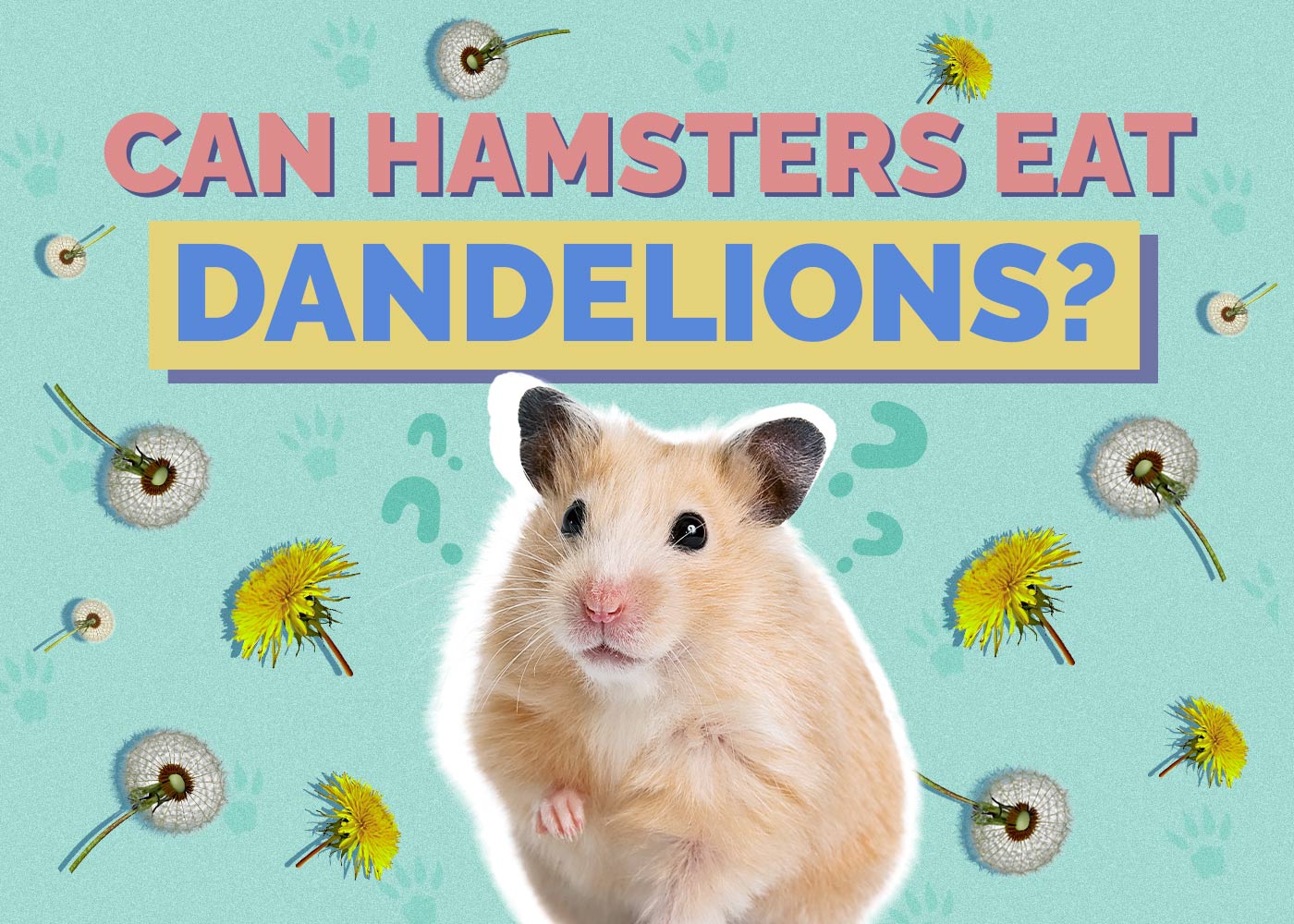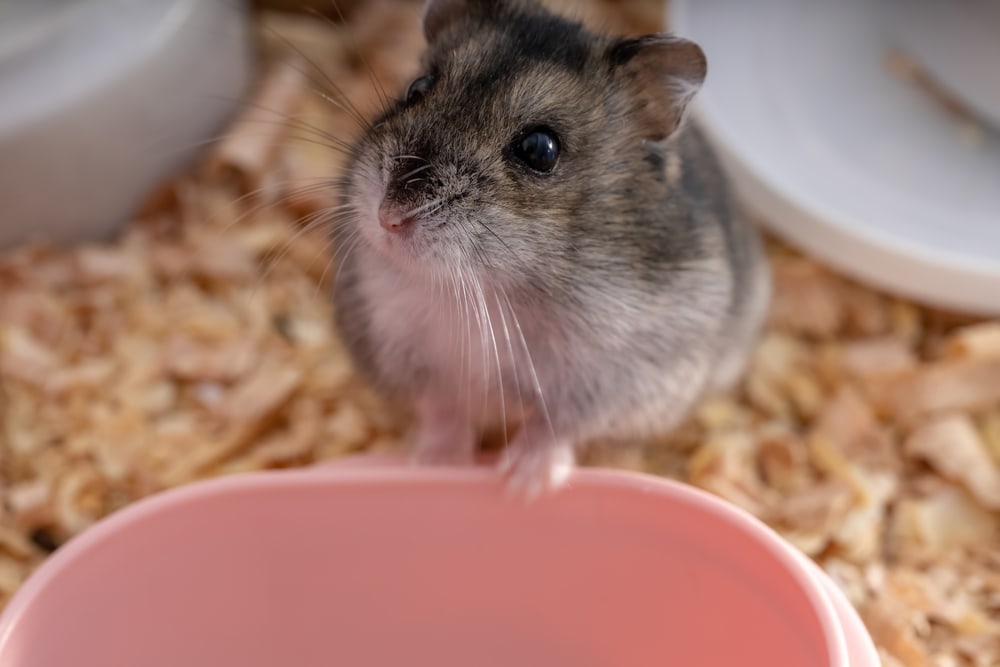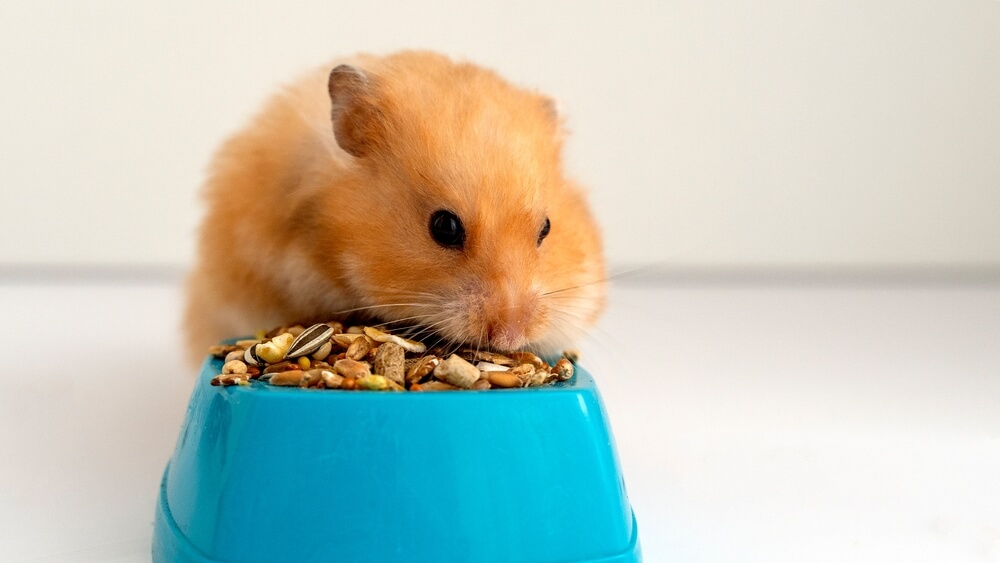Can Hamsters Eat Salami? Vet-Reviewed Facts & FAQ
Updated on
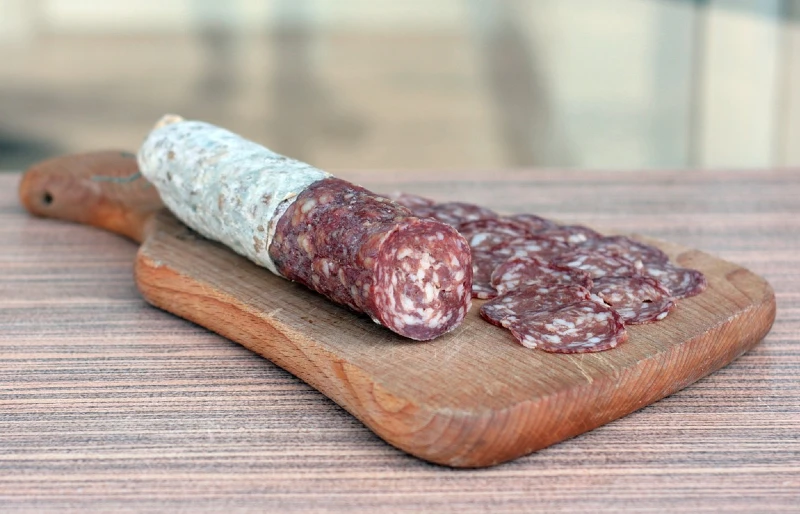
Feeding your hamster is a fun part of your day, particularly when they start stuffing their cheek pouches full!
But sometimes it’s nice to give your pet a treat, so if you’ve ever wondered if you can give salami to your hammy, the short answer is no! Salami is full of seasonings and additives that are unhealthy for your hamster.
Let’s take a closer look at why salami is not recommended for hamsters, along with better choices of treats for your pet.
Why Is Salami Bad for Hamsters?
The problem with hamsters eating salami isn’t because it’s meat. Hamsters are actually omnivores—you’ll find wild hamsters eating things like seeds, plant matter, and insects, so eating meat isn’t outside the realms of possibility. That said, it must be the right kind of meat.
Let’s break down the ingredients of salami so you’ll have a better understanding of why it’s bad for hamsters.
Salt
Many kinds of salami are salted as a means to preserve them. Traditional salami is made with pork but can also be made with beef and veal. It’s not usually cooked, but it’s called cotto when it is. Most salami is cured in salt, which preserves it, and usually air dried. Actually, the word “salami” is taken from the Italian word that means “to salt.”
Too much salt for hamsters can lead to dehydration, which could theoretically cause salt poisoning, and kidney damage.
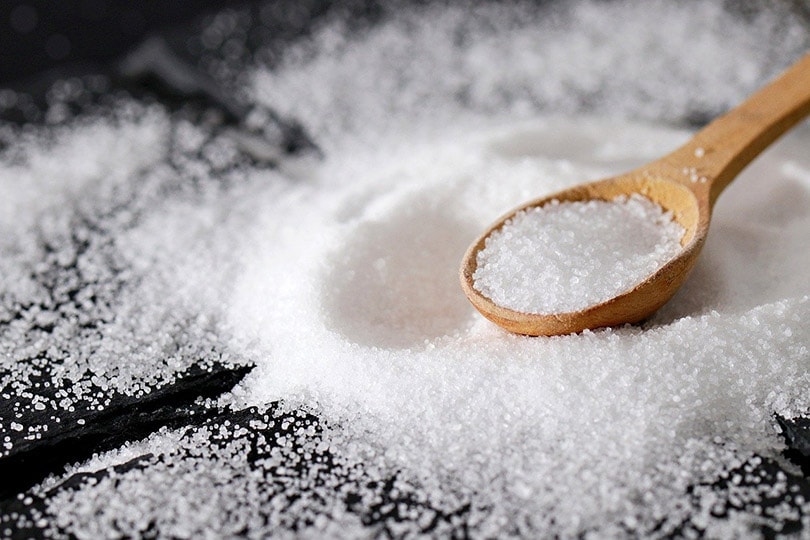
Fat
Salami is high in fat, and overconsumption can make your hamster obese, which then leads to other health problems.
Preservatives and Seasonings
Salami contains preservatives, additives, and seasonings, none of which are good for hamsters. Common seasonings in salami are black pepper, hot peppers, wine, fennel, and garlic.
Garlic is highly toxic to most pets, including hamsters. It damage red blood cells, which can then lead to anemia, and if not treated, it can be fatal. Since hamsters are so tiny, it wouldn’t take much garlic to poison a hamster.
What Happens If Your Hamster Eats Salami?
It depends on what was in the salami and how much your hamster ate. If they only ate a tiny piece of salami, they might end up with an upset stomach, which will likely include diarrhea. Unfortunately, when hamsters develop diarrhea, it can lead to a more serious condition like wet tail, which can be fatal.
If you’re not sure what was in the salami or how much your hamster ate, you should take them to the vet. Bring some of the salami with you or the packaging if you have it, so your vet can better treat your hamster by knowing what exactly was in it.
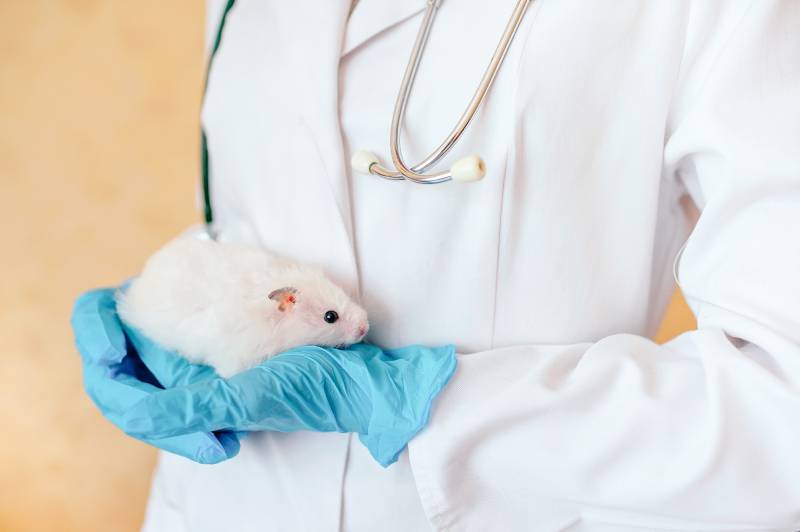
A Hamster’s Diet
The hamster’s diet is usually made up of hamster pellets, which should have a balance of the following:
- 35–40% carbohydrates
- 15–25% protein
- 5% crude fiber
- 4–5% fat
Hamsters also should have unlimited timothy hay, which they will use for nesting, burrowing, and eating. It’s quite effective at keeping their teeth at a healthy length too.
Speak to your vet about how many pellets you should feed your hamster and any supplements that they might need.
Conclusion
Hamsters should never be offered any salami, but if they get their little paws on a piece and eat it, speak to your vet so you can figure out your next steps. Hopefully, nothing serious will occur, but a worst-case scenario could lead to harmful consequences.
Stick with giving your hamster pellets and the occasional seeds, fruits, and vegetables, and this should keep your hamster in good health for a lifetime.
Featured Image Credit: WLO57, Pixabay


